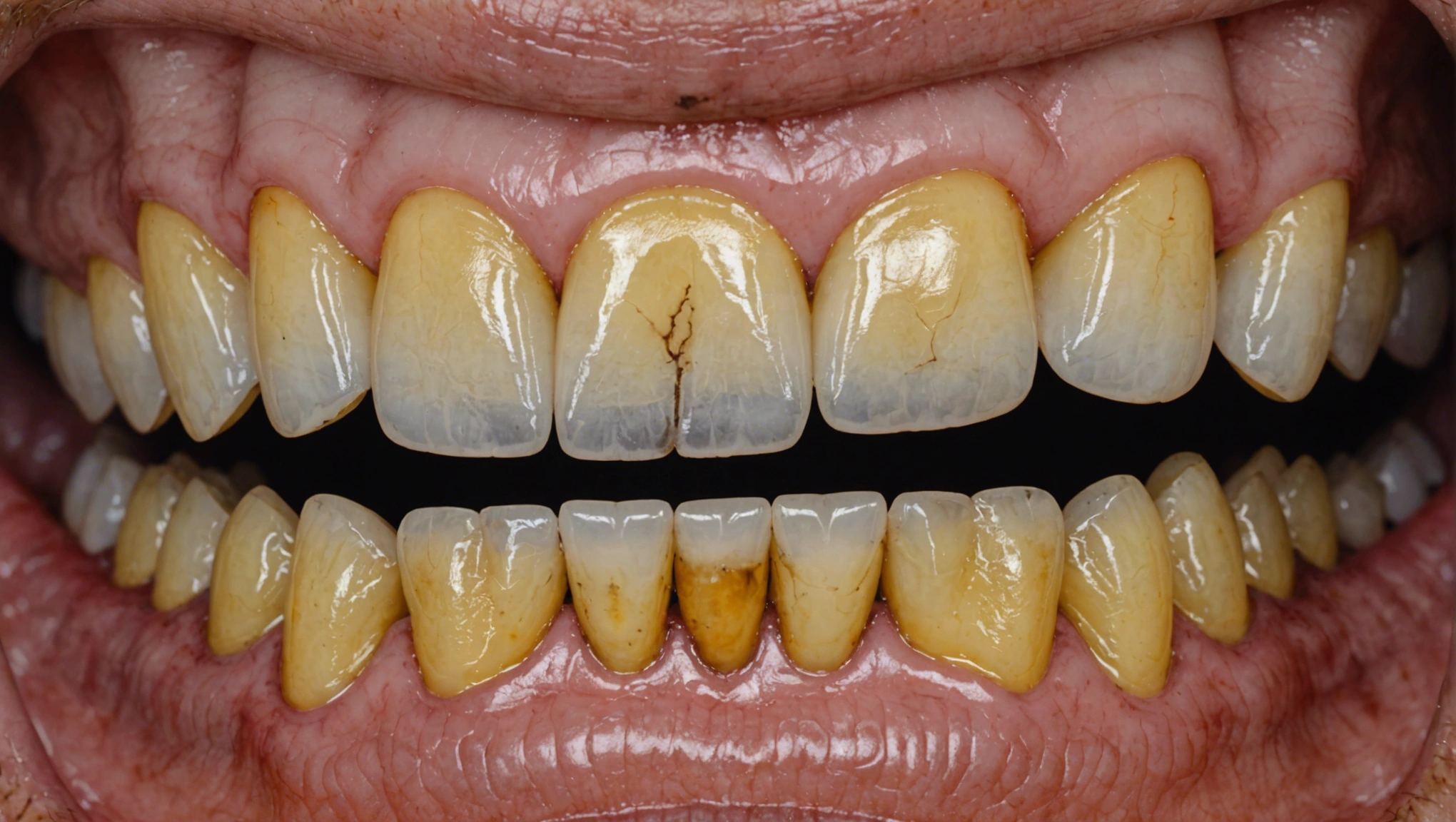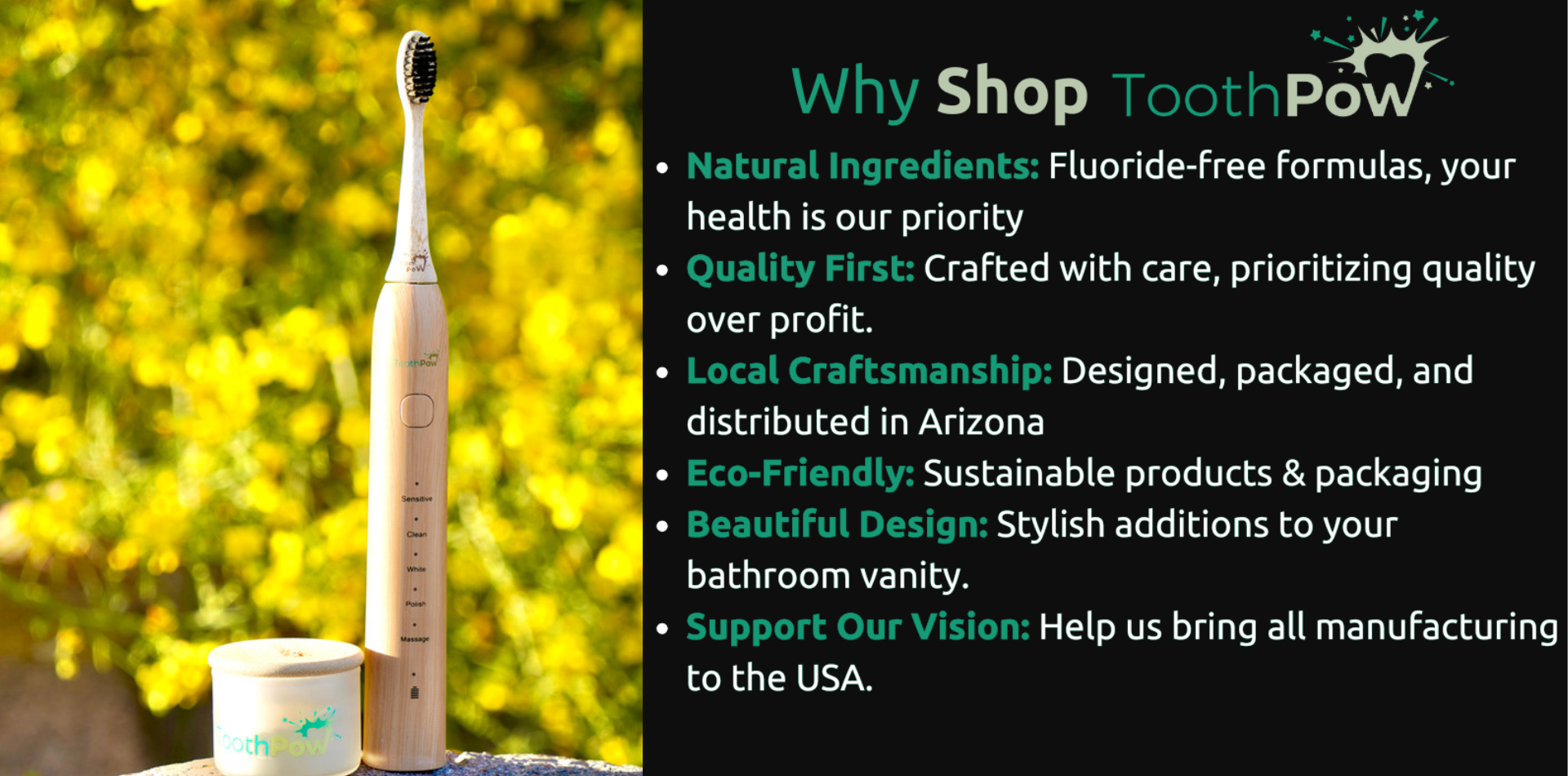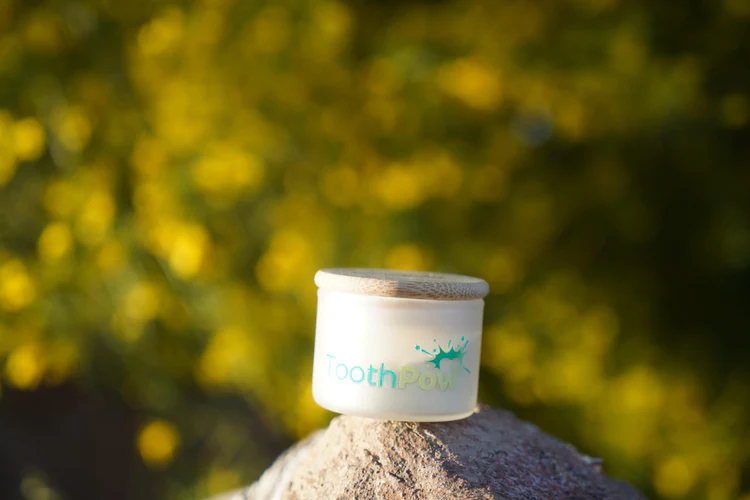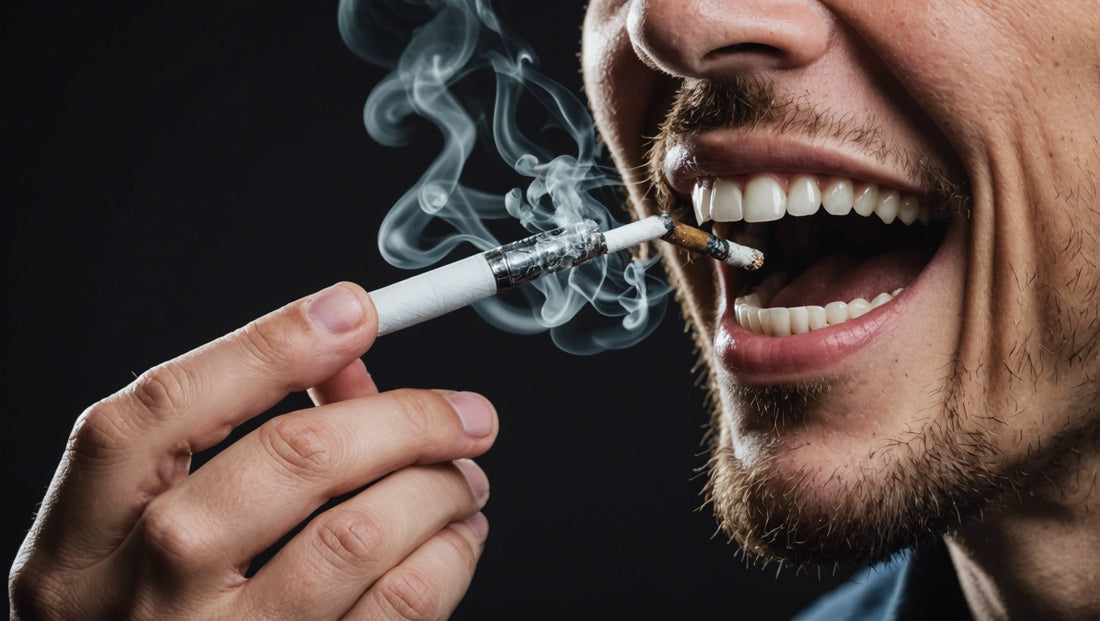Introduction
Smoking and vaping are common habits that many people adopt for various reasons, from social influences to stress relief. However, these habits can have detrimental effects on your overall health, particularly your oral health. Understanding the impact of smoking and vaping on your teeth and gums is crucial for maintaining a healthy smile. This article explores how these habits affect your oral health and provides tips for prevention and care.
How Smoking Affects Your Teeth and Gums
Smoking has a well-documented impact on oral health. Here are some of the ways smoking can damage your teeth and gums:
Yellowing and Staining of Teeth
The tar and nicotine in cigarettes can cause significant staining, turning your teeth yellow or brown over time. This discoloration is difficult to remove with regular brushing and often requires professional cleaning or whitening treatments.
Increased Risk of Gum Disease
Smoking reduces the blood flow to your gums, which can hinder healing and increase the risk of infections. Smokers are more likely to develop gum disease, which can lead to tooth loss if left untreated.
Reduced Blood Flow to Gums
The chemicals in cigarettes constrict blood vessels, reducing the blood flow to your gums. This can cause the gums to recede, exposing more of your teeth and increasing sensitivity.
Bad Breath and Dry Mouth
Smoking can cause chronic bad breath due to the presence of tobacco particles in the mouth. It also reduces saliva production, leading to dry mouth, which further exacerbates bad breath and increases the risk of tooth decay.

The Impact of Vaping on Oral Health
Many people believe that vaping is a safer alternative to smoking, but it can still have negative effects on your oral health.
Common Misconceptions About Vaping
Vaping is often perceived as less harmful than smoking, but it still delivers nicotine and other chemicals that can affect your teeth and gums.
Potential for Nicotine Staining and Dry Mouth
While vaping may not cause the same level of staining as smoking, nicotine can still cause discoloration. Additionally, the propylene glycol in e-liquids can lead to dry mouth, which increases the risk of cavities and gum disease.
Effects of Propylene Glycol and Other Chemicals on Oral Tissues
Propylene glycol, a common ingredient in e-liquids, can dehydrate oral tissues, leading to dry mouth and increased susceptibility to infections. Other chemicals in e-liquids can also irritate the gums and contribute to inflammation.

Short-Term Effects of Smoking and Vaping on Oral Health
Immediate Discoloration and Bad Breath
Both smoking and vaping can cause immediate discoloration of your teeth and bad breath due to the presence of nicotine and other chemicals.
Increased Plaque and Tartar Buildup
The particles from smoke and vapor can adhere to your teeth, increasing the buildup of plaque and tartar. This can lead to cavities and gum disease if not properly managed.
Irritation and Inflammation of the Gums
The chemicals in tobacco smoke and e-cigarette vapor can irritate the gums, causing redness, swelling, and bleeding. This inflammation can worsen over time, leading to more serious oral health issues.
Long-Term Effects of Smoking and Vaping on Oral Health
Persistent Gum Disease and Tooth Loss
Long-term smoking and vaping can lead to chronic gum disease, which can eventually result in tooth loss if not treated. The reduced blood flow and constant exposure to harmful chemicals weaken the gums and supporting structures of the teeth.
Oral Cancer Risk
Smoking significantly increases the risk of developing oral cancer. The carcinogens in tobacco can cause mutations in the cells of the mouth, leading to cancerous growths.
Compromised Healing After Dental Procedures
Smokers and vapers often experience slower healing after dental procedures due to reduced blood flow and compromised immune function. This can lead to complications and longer recovery times.
Preventive Measures for Smokers and Vapers
Regular Dental Checkups and Cleanings
Frequent visits to the dentist are crucial for smokers and vapers. Professional cleanings can remove plaque and tartar buildup, and regular checkups can detect early signs of gum disease and other oral health issues.
Use of Toothpaste and Mouthwash Designed for Smokers and Vapers
Specially formulated toothpaste and mouthwash can help address the unique oral health challenges faced by smokers and vapers. Products like ToothPow, which contain natural ingredients that strengthen enamel and combat dry mouth, are excellent choices.
Quitting Smoking or Reducing Vaping Frequency
The best way to protect your oral health from the effects of smoking and vaping is to quit or reduce your usage. Seeking support from healthcare providers and using cessation aids can help you on this journey.

Oral Care Tips for Smokers and Vapers
Brushing and Flossing Techniques
Brush your teeth at least twice a day with fluoride-free toothpaste like ToothPow, and floss daily to remove plaque and food particles from between your teeth and gums.
Choosing the Right Oral Care Products
Select products that address the specific needs of smokers and vapers. ToothPow’s natural formulation helps protect your enamel and reduce staining without the use of harsh chemicals.
Staying Hydrated and Avoiding Dry Mouth
Drink plenty of water to keep your mouth hydrated and stimulate saliva production. Chewing sugar-free gum can also help maintain moisture in your mouth.
Professional Treatments for Damage Caused by Smoking and Vaping
Teeth Whitening and Stain Removal Options
Professional teeth whitening can effectively remove stains caused by smoking and vaping. Your dentist can recommend the best whitening treatments for your needs.
Treatment for Gum Disease
If you have gum disease, your dentist may recommend deep cleaning treatments such as scaling and root planing. In severe cases, surgical intervention may be necessary.
Oral Cancer Screenings
Regular oral cancer screenings are crucial for smokers. Early detection can improve treatment outcomes and increase the chances of successful recovery.
Frequently Asked Questions
Can Switching from Smoking to Vaping Improve Oral Health?
Switching from smoking to vaping can reduce exposure to some harmful chemicals, but it’s not entirely risk-free. Both habits can negatively impact your oral health, so reducing or quitting altogether is the best option.
How Can I Reduce the Staining Caused by Smoking or Vaping?
Using whitening toothpaste, such as ToothPow, and undergoing professional cleaning can help reduce staining. Additionally, drinking water and maintaining good oral hygiene can minimize the discoloration.
Are there Specific Products That Can Help Mitigate the Effects?
Yes, using products like ToothPow toothpaste, which is designed to strengthen enamel and reduce dry mouth, can help mitigate some of the negative effects of smoking and vaping on your oral health.
Conclusion
Smoking and vaping can have serious consequences for your teeth and gums. By understanding these impacts and taking preventive measures, you can protect your oral health. Regular dental checkups, proper oral hygiene, and the use of specialized products like ToothPow can help mitigate the damage. Ultimately, the best way to preserve your oral health is to quit smoking or reduce vaping. Taking these steps will ensure a healthier, brighter smile for years to come.


